India-US Relations at Risk: 3 Reasons Trump Is Upset With Modi (Market Impact)
By CapitalKeeper | News | Indian Economy | Market Moves That Matter
India-US ‘Ties at Toughest Spot Since Mid-1990s’: 3 Key Reasons Why Donald Trump Is Upset With Modi
Introduction
India and the United States have been considered “natural allies” for decades, with growing collaboration in defense, technology, trade, and strategic initiatives. However, recent statements by former US President Donald Trump suggest that relations are at their toughest point since the mid-1990s.
For businesses, policymakers, and investors, this is more than a diplomatic headline—it carries significant market, trade, and investment implications.
Background: Why This Matters for the Economy & Markets
The US is India’s largest trading partner, with bilateral trade exceeding $190 billion in 2024. American companies are key investors in Indian IT, pharma, defense, and financial sectors, while India plays a critical role as a manufacturing and service hub.
Historically, India-US ties strengthened under multiple governments, driven by:
- The 2005 Civil Nuclear Agreement
- Defense Framework Agreements
- Growing technology partnerships (semiconductors, AI, cybersecurity)
However, Trump’s recent dissatisfaction brings potential turbulence that could influence everything from foreign direct investment (FDI) flows to currency markets.
Key Reasons Why Trump Is Upset with Modi
1. Trade Deficit & Tariff Issues
Trump’s America-first approach focuses on trade fairness, and India often appears on his radar:
- High Indian Tariffs: India levies some of the highest import duties on American goods (e.g., motorcycles, electronics, agricultural products).
- US Market Access Complaints: US companies cite hurdles in sectors like e-commerce (data localization), healthcare (price caps on stents and implants), and agriculture (tariff and non-tariff barriers).
- Trump’s Viewpoint: He believes India benefits disproportionately from US trade preferences while limiting reciprocal access.
Trade Snapshot
| Year | India-US Trade (in $ bn) | US Trade Deficit with India ($ bn) |
|---|---|---|
| 2020 | 146 | 23.3 |
| 2022 | 157 | 26.4 |
| 2024 | 190 | 28.1 |
Impact on Markets:
- Higher tariffs can affect Indian IT exports and pharma shipments to the US.
- US capital inflows may slow down in sectors where trade tensions rise.
2. Defense & Strategic Divergence
India is diversifying its defense partnerships and technology dependencies, something that does not align perfectly with Washington’s expectations:
- Russian S-400 Deal: India’s purchase of advanced missile systems from Russia led to friction because of potential US sanctions (CAATSA).
- Technology Rivalry Issues: Differences in 5G adoption policies and reluctance to fully align with US supply chain strategies in semiconductors and AI add to tensions.
- Trump’s Concern: The US expects loyalty in strategic tech and defense areas, while India is taking a multi-aligned approach.
Impact on Markets:
- US defense OEM collaborations (like Lockheed Martin, Boeing) may face policy delays.
- Indian defense PSU stocks may see volatility based on US sanctions or reduced collaboration risk.
3. Geopolitical Balancing Act (China, Russia & Middle East)
India’s geopolitical strategy aims to balance ties with multiple powers, including Russia (for energy & defense) and China (as a major trading partner):
- Energy Security: India continues importing Russian crude despite Western sanctions.
- Neutral Stance: India has avoided taking hardline positions on several US-led initiatives against China.
- Middle East Focus: India’s deep energy and trade links with Middle Eastern countries sometimes diverge from US foreign policy interests.
Impact on Markets:
- Foreign Portfolio Investors (FPIs) may adopt a cautious approach if India faces US diplomatic pressure.
- Crude oil price fluctuations linked to geopolitics can impact India’s fiscal deficit and inflation, indirectly affecting equity markets.
Market Impact Analysis
Currency & Trade
- INR vs USD: A strained trade environment often leads to INR depreciation.
- US Tariffs: If retaliatory tariffs emerge, exports (IT, pharma, textiles) could face headwinds.
Equity Sectors at Risk
| Sector | Risk Level | Reason |
|---|---|---|
| IT (Infosys, TCS) | High | US accounts for ~60% of revenue |
| Pharma (Sun, DRL) | Medium | Regulatory compliance + pricing issues |
| Defense (BEL, HAL) | Medium | Dependence on US tech collaborations |
FDI & Investment Climate
US venture capital and private equity flows are sensitive to political statements. A prolonged stand-off may trigger temporary slowdowns in new investments.
Expert Opinions
Ravi Malhotra, Senior Economist:
“This isn’t a breakdown but a recalibration. Trump’s dissatisfaction reflects longstanding trade and strategic differences. Over time, economic realities will keep both nations aligned, but volatility in capital markets is expected in the near term.”
Ananya Mehta, Global Markets Strategist:
“If tensions escalate, we could see a short-term correction in export-oriented Indian stocks. Long-term investors, however, should see this as noise rather than a structural breakdown.”
Investor Takeaway
- Short-Term: Expect increased volatility in IT and export-driven sectors. Keep stop-losses tight if trading.
- Medium-Term: Monitor USD/INR movements and crude oil price fluctuations as indicators of pressure.
- Long-Term: Despite friction, fundamentals of India-US trade remain strong—opportunities exist in domestic-oriented sectors (banking, infra, consumer).
Conclusion
India-US relations have historically weathered turbulence, but the current strain—driven by trade imbalances, defense alignment issues, and geopolitical balancing—is among the toughest in decades. While Donald Trump’s statements carry political undertones, markets will focus on policy outcomes rather than rhetoric.
For investors, staying alert to these developments is essential. Opportunities often emerge in uncertain times—those who track global macroeconomic shifts will be best positioned to capitalize.
📌 For daily trade setups, technical learning, and smart investing tips, stay tuned to CapitalKeeper.in
📌 For more real-time updates, trade setups, and investment insights — follow us on [Telegram] and [WhatsApp Channel] subscribe to our newsletter!

📌 Disclaimer
The content provided on CapitalKeeper.in is for informational and educational purposes only and does not constitute investment, trading, or financial advice. While we strive to present accurate and up-to-date market data and analysis, we make no warranties or representations regarding the completeness, reliability, or accuracy of the information.
Stock market investments are subject to market risks, and readers/investors are advised to conduct their own due diligence or consult a SEBI-registered financial advisor before making any investment decisions. CapitalKeeper and its authors are not liable for any loss or damage, direct or indirect, arising from the use of this information.
All views and opinions expressed are personal and do not reflect the official policy or position of any agency or organization. Past performance is not indicative of future results.By using this website, you agree to the terms of this disclaimer.
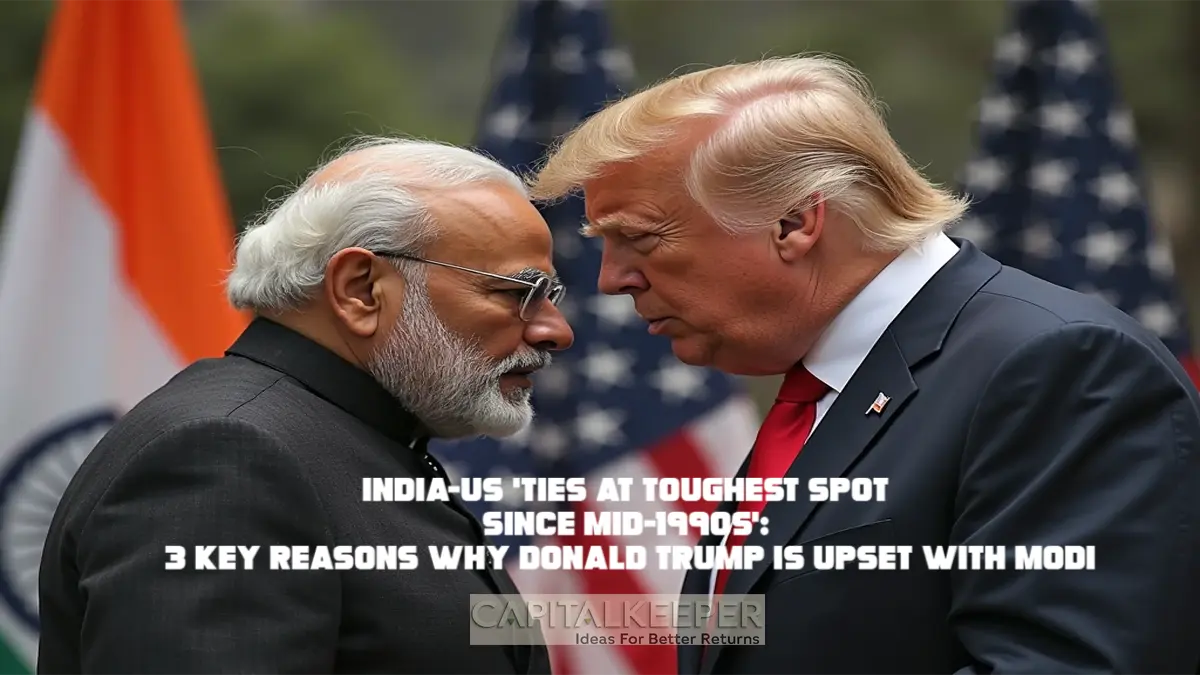

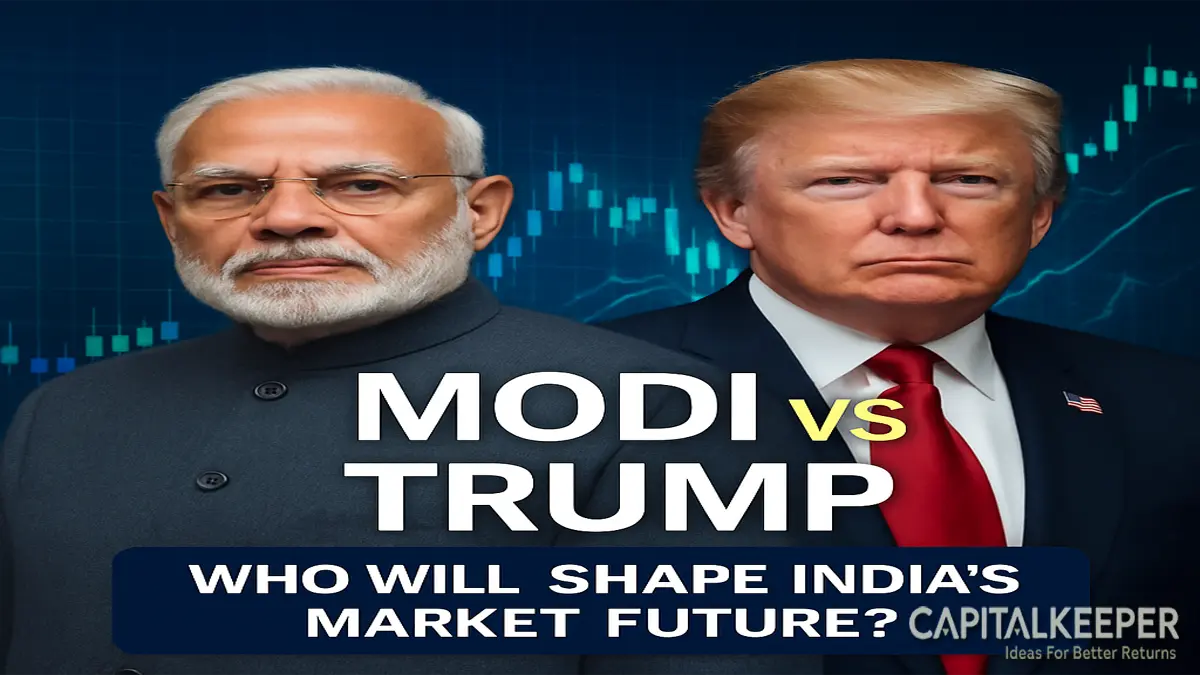







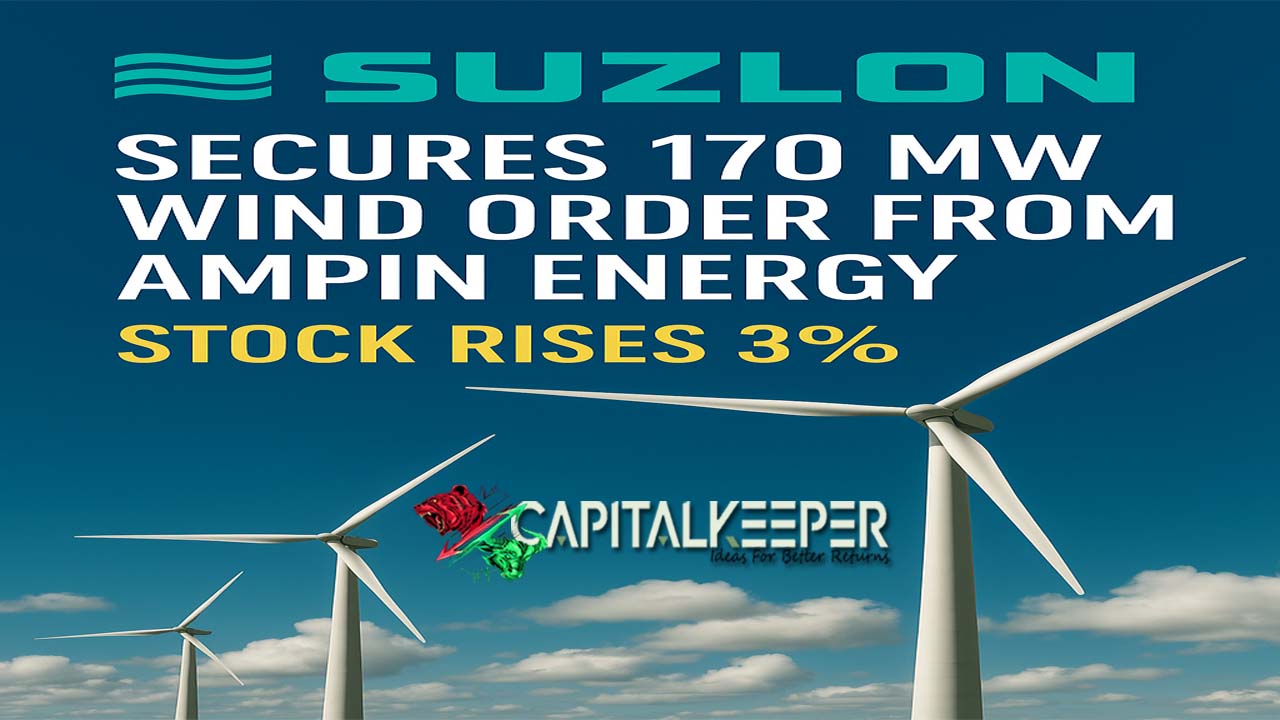


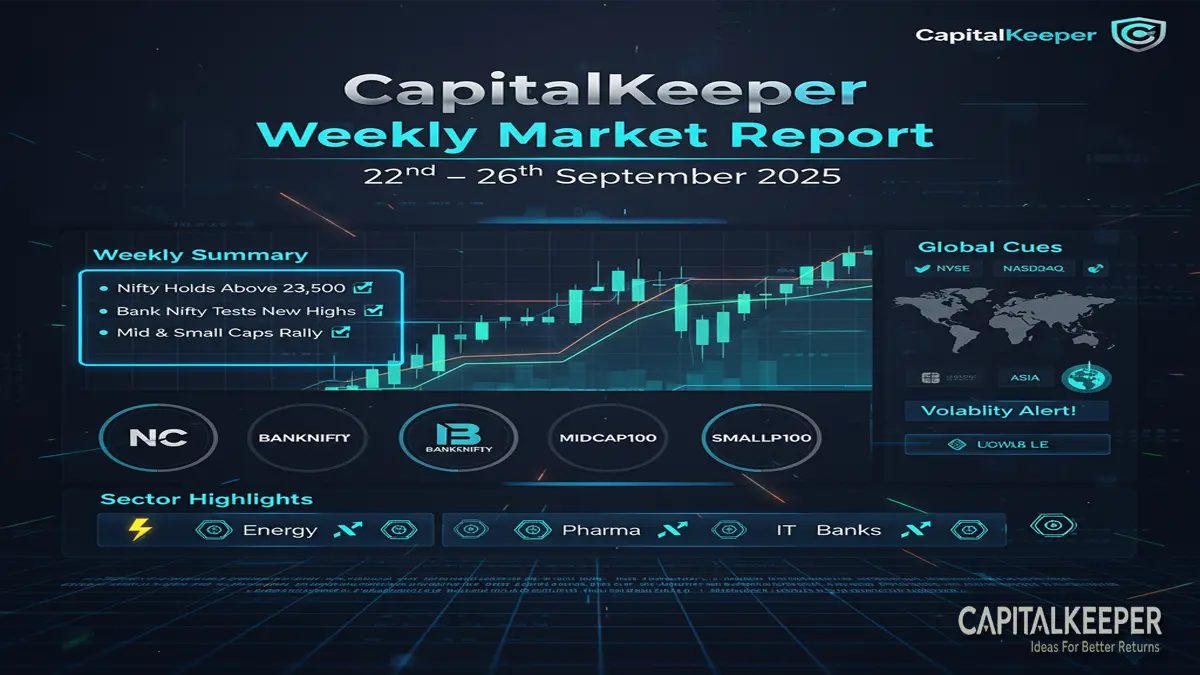
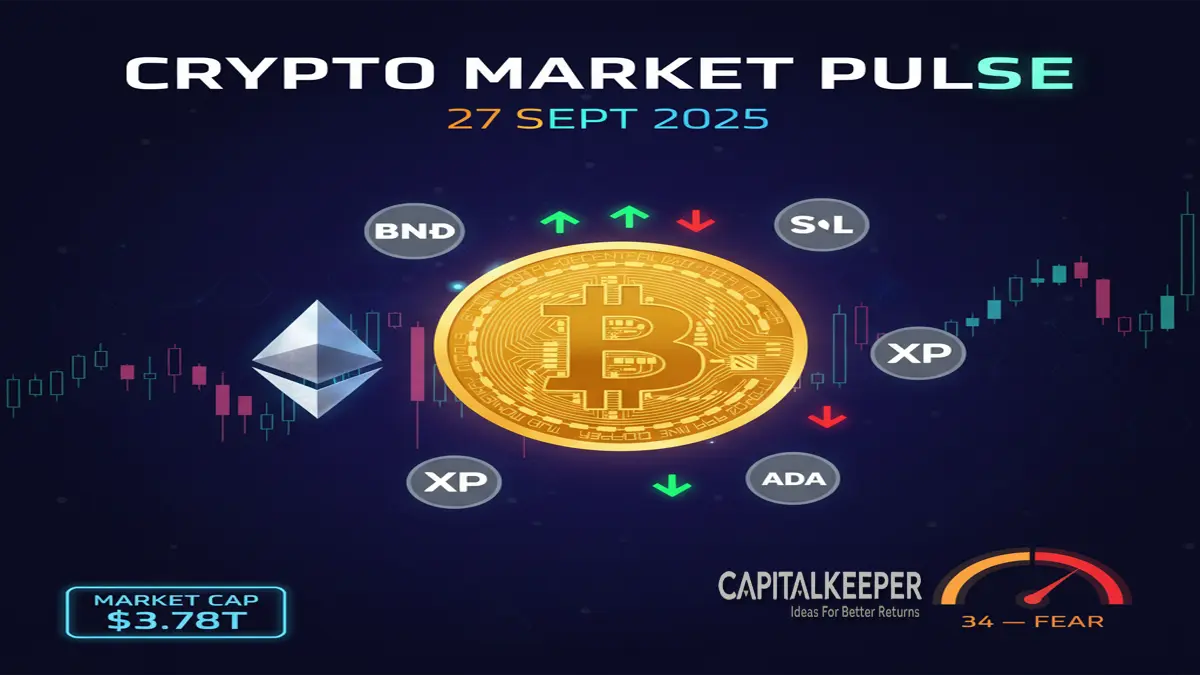
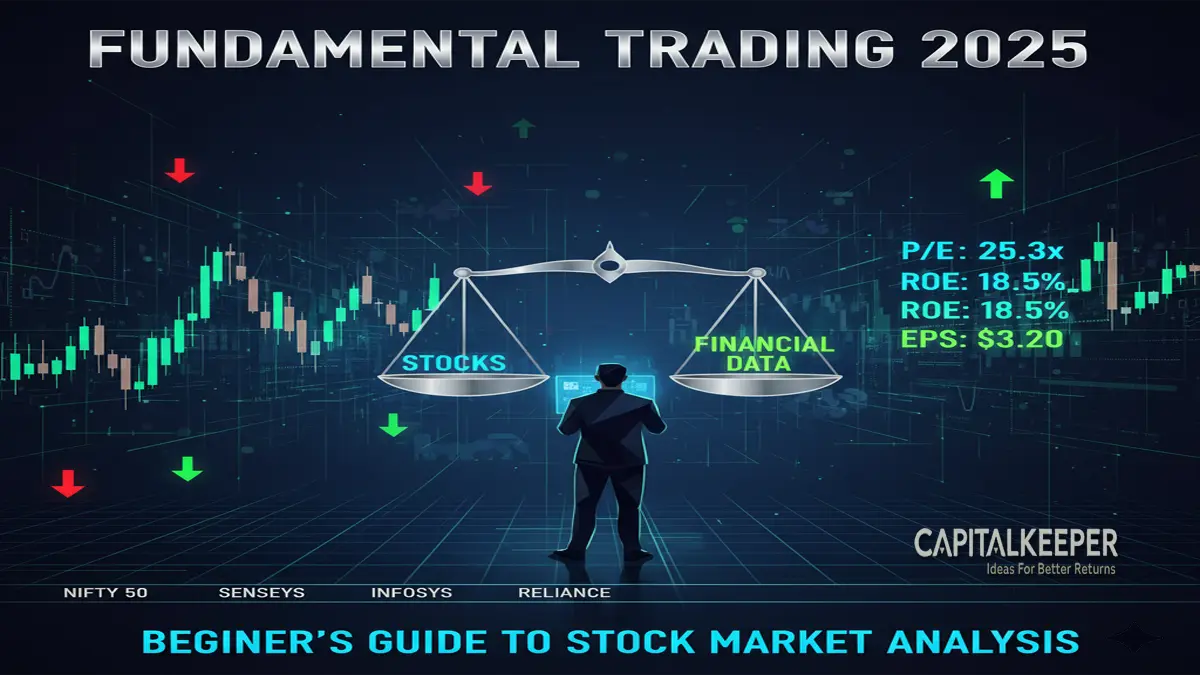
Leave a Reply